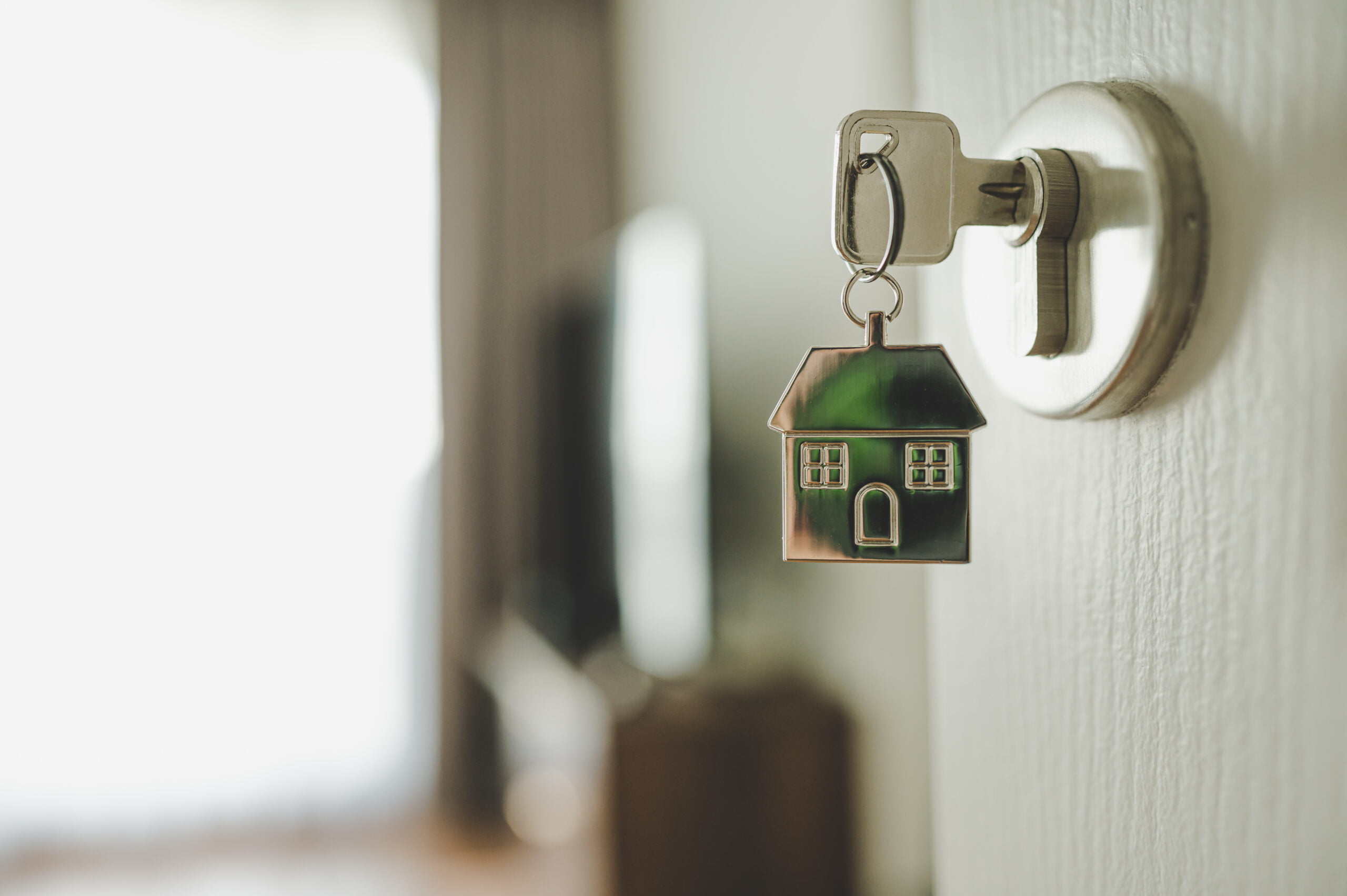The Government expects that by 2025 up to 30,000 NDIS participants with ‘extreme functional impairment’ or ‘very high support needs’ will receive funding for Specialist Disability Accommodation (SDA). Understanding the current and future supply of SDA housing is crucial for supporting the development of the SDA market.
SDA is a type of housing available in Australia to people with a disability who have incredibly high support needs. It is designed to provide people with a disability who require specialist housing solutions with access to appropriate living environments and support services that enable them to live as independently as possible.
Australian Property Industry and the SDA
The Australian property market is linked to the Specialist Disability Accommodation (SDA) sector in a few ways.
Firstly, SDA services provide accommodation for people with disabilities. This has led to increased demand for housing in the property market, which has created an opportunity for developers to build SDA-compliant housing. This has contributed to increased SDA-compliant housing options available in the property market.
Secondly, SDA is funded by the National Disability Insurance Scheme (NDIS). This has led to increased funding for SDA housing and allowed developers to invest in SDA-compliant housing. This has allowed the SDA sector to grow and expand, positively impacting the property market as more SDA-compliant housing is available.
Finally, the SDA sector is an essential part of the Australian economy. It contributes to economic growth and employment opportunities. This has positively affected the Australian property market, as the sector has created jobs and helped stimulate economic activity. Overall, the SDA sector has positively impacted the Australian property market. It has created new housing options for people with disabilities, increased.
The growing need for Specialist Disability Accommodation in Australia
The need for Specialist Disability Accommodation (SDA) in Australia is snowballing. This is due to the increasing number of Australians living with a disability. According to the National Disability Insurance Agency (NDIA), there are currently 4.3 million Australians with a disability. This number is expected to grow significantly in the coming years, putting increased pressure on the SDA sector. SDA is a form of accommodation specifically designed to meet the needs of people living with a disability.
The increase in demand for SDA has highlighted the need for more SDA to be built in Australia. However, this is a complex process requiring significant time and resource investment. In addition, developers need more incentives to build SDA, which has hindered the development of new SDA properties.
The Australian Government has committed to investing $1 billion over the next four years to build more SDA to address the growing need for SDA. This investment will help to ensure that people with a disability have access to appropriate and safe accommodation.
In addition, the Australian Government is working with the states and territories to develop incentives to encourage developers to build SDA. These incentives will help ensure a sufficient supply of SDA in Australia to meet the needs of people with a disability. The growing demand for SDA in Australia is a serious issue that needs to be addressed. The Australian Government is taking steps to ensure that people with a disability have access to appropriate and safe accommodation; however, more needs to be done.
What is the difference between SIL and SDA?
Supported Independent Living (SIL) is an accommodation where the tenant is supported by a third-party provider to live independently in the community. The provider offers services such as personal care, meal preparation, budgeting, shopping, and community access.
Specialist Disability Accommodation (SDA) is purpose-built housing designed to meet the needs of people with significant and permanent disabilities. SDA is generally provided in a shared living situation with other people with disability and is funded by the Australian Government under the NDIS. This accommodation typically includes unique features such as wheelchair access, assistive technology, and specialist equipment.
What is an SDA Provider?
All SDA providers must be registered with the NDIS Quality and Safeguards Commission.
An SDA provider may or may not own the dwelling and may or may not include the following:
- Private landlords
- Family members of people with disability
- Organisations (not-for-profit or for-profit)
An SDA provider will receive funding from the NDIA and can also charge controlled rent directly from each resident. The NDIA payment is a contribution to the cost of capital and a contribution to the associated business activities. It costs relevant to the delivery of SDA, such as property maintenance and vacancy procedures.
Here at HCPA, we take care of it all. If you have any questions or want more information about how we can assist you, please get in touch with us here. One of our team will reach out and discuss how you can become involved at a time that suits you.
SOURCES | The NDIS ‘Specialist disability accommodation’ |





